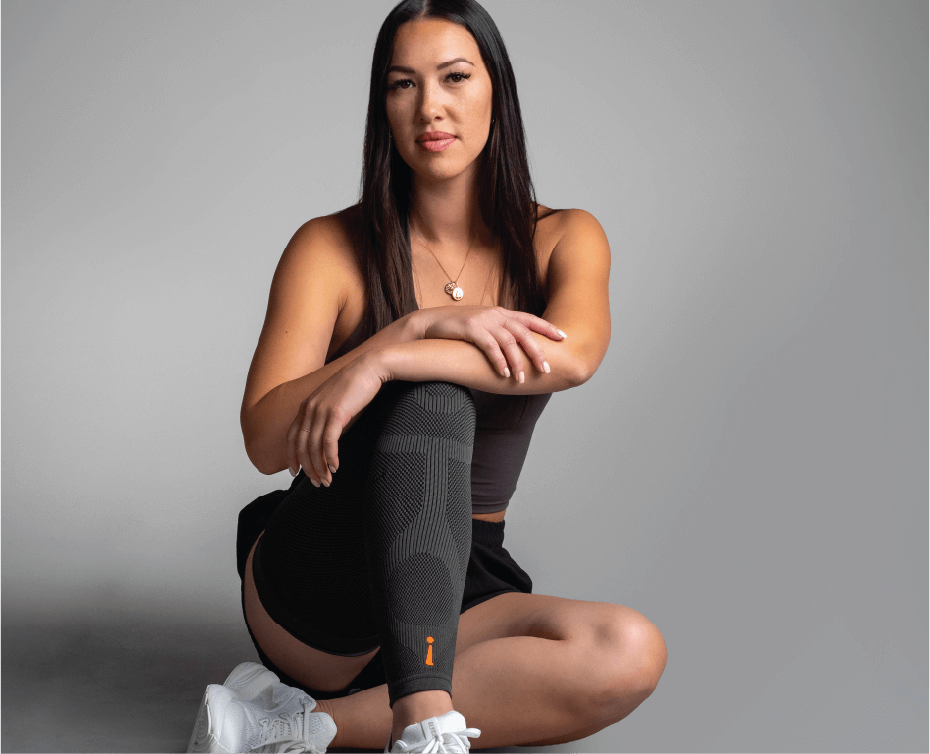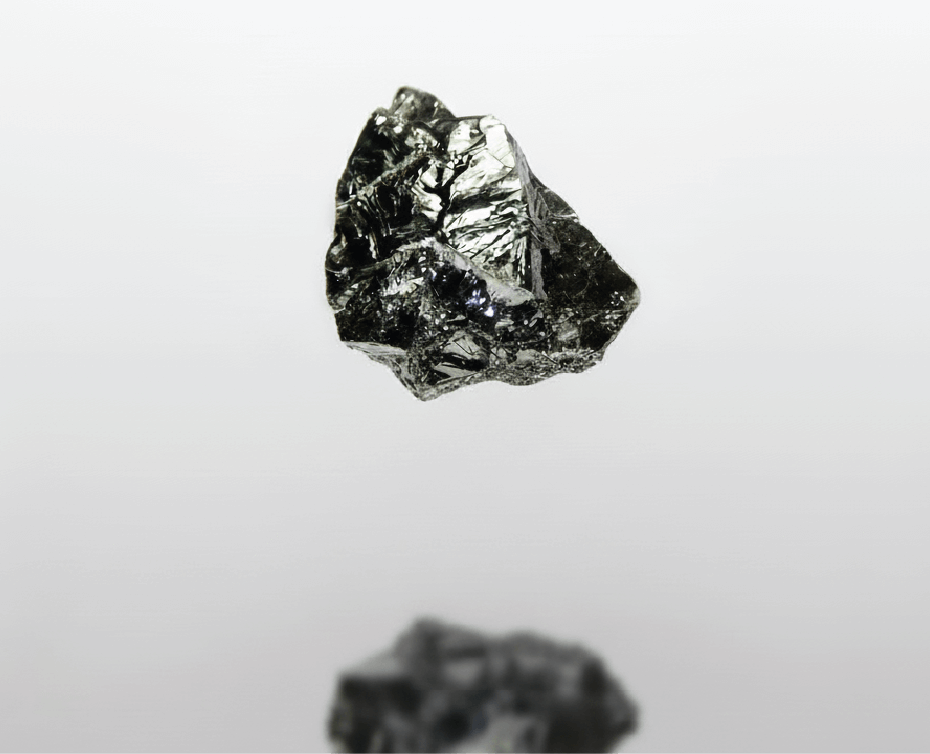Physical pain can have a real impact on your mental and psychological wellbeing. When you suffer from chronic pain or have a recurring injury or illness, living with pain can cause poor mental health outcomes such as stress and depression. This is true no matter how long you have been living with pain.
Here are some strategies you can use to help you take care of your mental wellbeing when your pain is flaring up.
Talk to yourself as you’d talk to a friend
Many people who suffer from chronic or recurring pain fall into the trap of “beating themselves up,” especially if their pain means they cannot be as busy or productive as they’d like.
If this sounds familiar, try to imagine your best friend suffering from the same type of pain. You wouldn’t berate them, call them lazy, or tell them they should stop complaining. You would be kind, compassionate, and encourage them to rest and take care of themselves. Now talk to yourself in the same way you would talk to your friend.

Distract yourself
Distraction is all about taking your mind off your pain and focusing your attention elsewhere. It can be a useful coping strategy when pain feels overwhelming.
Here are a few distraction techniques you might want to try:
- Watch television or a movie
- Read a book (or listen to an audiobook)
- Do something creative, like drawing, writing, or knitting
- Talk to a friend or family member
- Play a video game
- Do something that challenges your brain, like a puzzle or crossword
Distraction techniques can help you to get through the most mentally taxing moments when your pain flares up.
Ask for support
We live in a culture that encourages independence and self-reliance. But we all need other people and there is no shame in asking for help and support.
Reach out to friends and family members and ask them for help. Try to be as specific as possible about what you need. Are you looking for a shoulder to cry on? Do you want them to distract you by talking about something else? Can they help you with practical things, such as bringing you a meal or driving you to the doctor’s office?
The people who love you will be pleased to support and help you in any way they can. Feeling nurtured and loved will help to keep your spirits up during the difficult moments.
Seek professional help
No matter what physical pain relief methods you’re using, mental health support should form part of your therapeutic toolkit. If you can afford it or your insurance covers it, see a psychotherapist who specializes in the intersection of mental health and physical pain.
If the cost of therapy is prohibitive or you would prefer to get help remotely, apps like TalkSpace allow you to communicate with licensed mental health professionals without leaving your home.

Make your space cozy and comforting
When your pain is flaring up, you’re likely to spend a lot of time in your home or in bed. What can you do to make your space welcoming, inviting, and comforting?
Warm blankets, your favorite sweater and socks, fresh flowers, scented candles, and calming music are just some of the things you might want to have available. If you find it difficult to get outside when you’re in pain, a daylight lamp can also help.
Meditate
Studies have shown that meditation can relieve stress, improve feelings of mental wellbeing, and even help to reduce physical pain.
Meditation can be as simple as sitting quietly and focusing on your breathing. You can also find guided meditation videos online, which will guide you through a series of focus and visualization exercises.
Try meditating for ten minutes per day to begin with. If it helps, you can slowly build up to longer sessions.

Take care of your physical body
Physical and mental health are closely entwined. When your pain is flaring, it is more important than ever to care for your physical body as well as you can. Eat regular, nourishing meals and ensure you drink enough water. Aim for eight hours of sleep per night. Do some light exercise if it is safe and possible for you to do so. Take any necessary medications correctly and on time.
All of these things will aid your mental wellbeing during your flare-up as well as hastening your physical recovery.
Remember that it is temporary
A flare-up is not forever. You’ve got through them before and you will get through this one, too. When you feel hopeless or depressed, remind yourself of this.
If it helps, you can even repeat mantras or reminders to yourself: “I’m in pain now, but I know this is temporary and I will feel better soon. I’ve survived flare-ups before and I will survive this one, too.”
To help alleviate symptoms of your physical pain, try our selection of pain-reliving, wearable anti-inflammatories.
Read more

If you’ve injured an elbow, knee, or another part of your body, you may find yourself popping over-the-counter pain medications as a way to feel better. But these pharmaceuticals can actually make ...

We’ve all heard that we should be moving more, and that 10,000 steps per day is a good number to aim for. If you don’t have a pedometer or step-counter, 10,000 steps is around five miles of walking...






Leave a comment
All comments are moderated before being published.
This site is protected by hCaptcha and the hCaptcha Privacy Policy and Terms of Service apply.